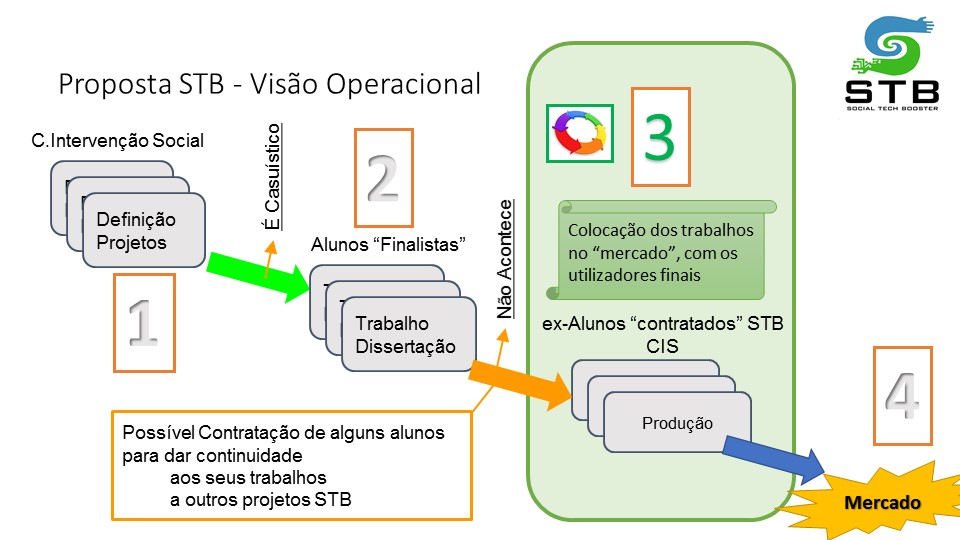Hi ... this is the webpage of the games Social Tech Booster
"A group that uses technology to create smiles!"
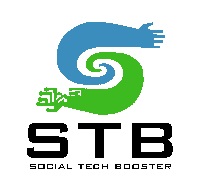

In this block you will find the latest info somwhow related with the gSTB ... as well as events related to the area
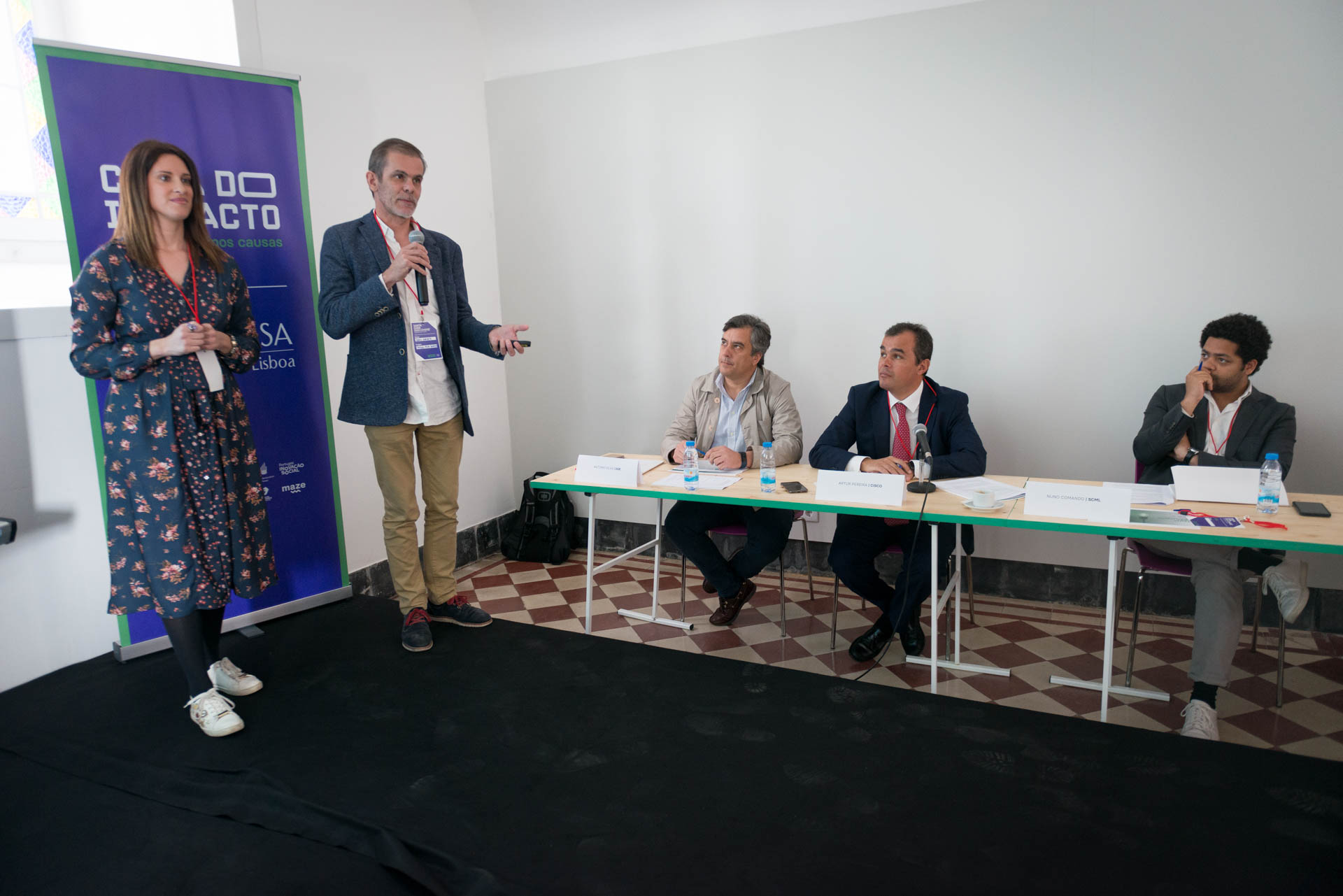 |
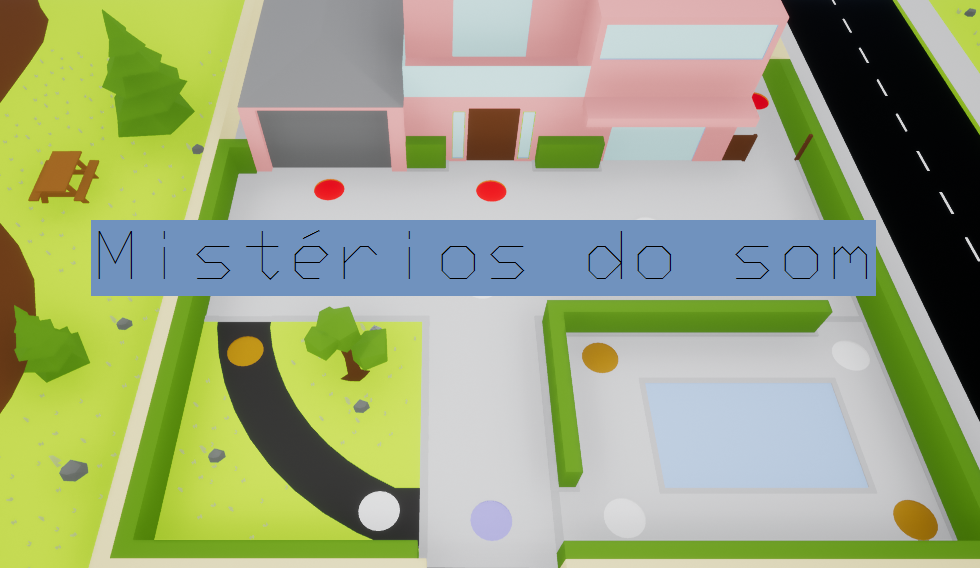 |
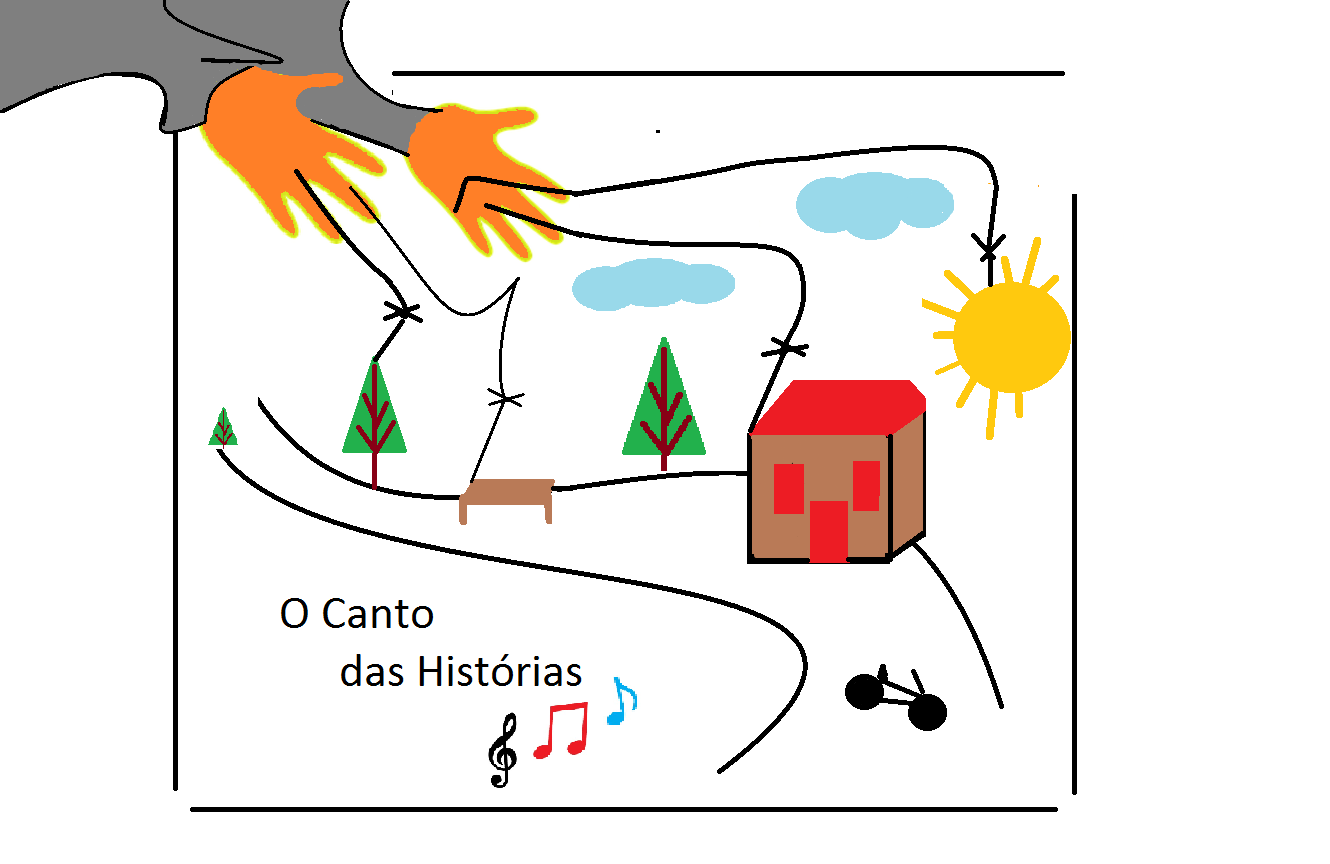 |
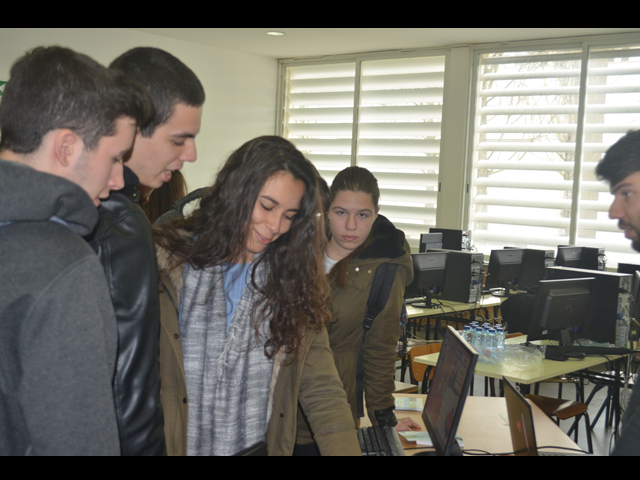 |
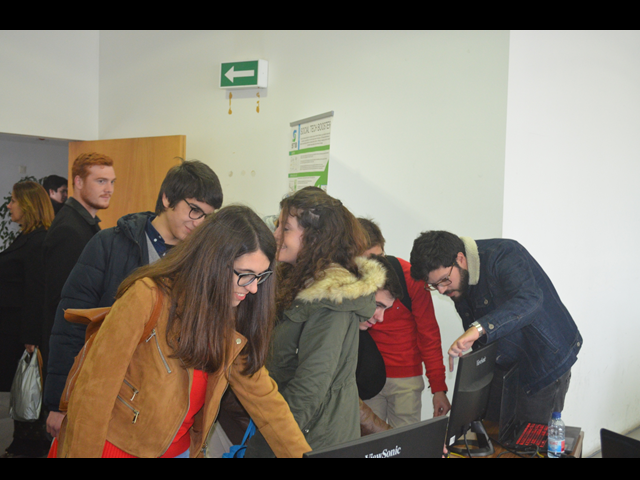 |
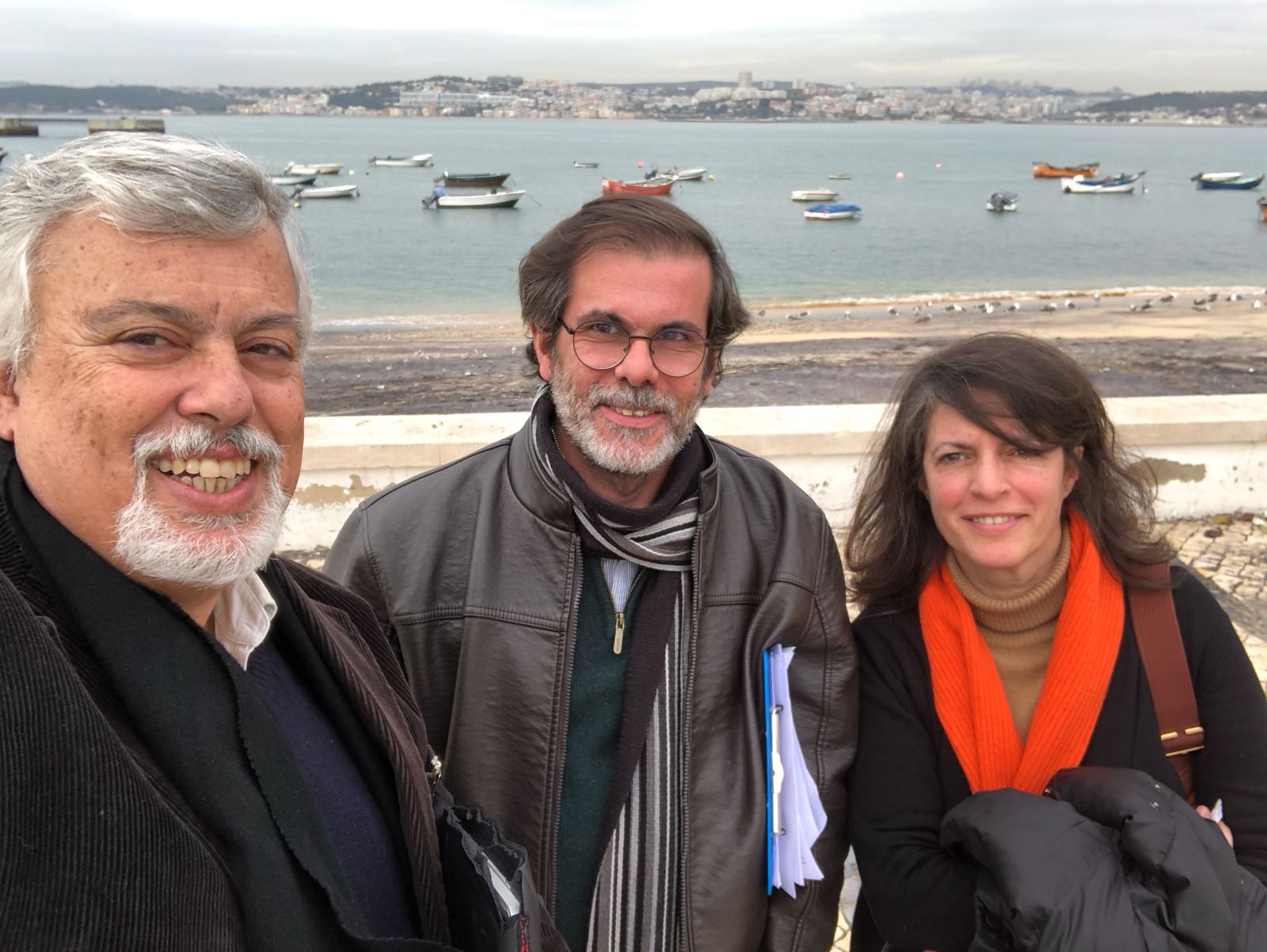 |
 |
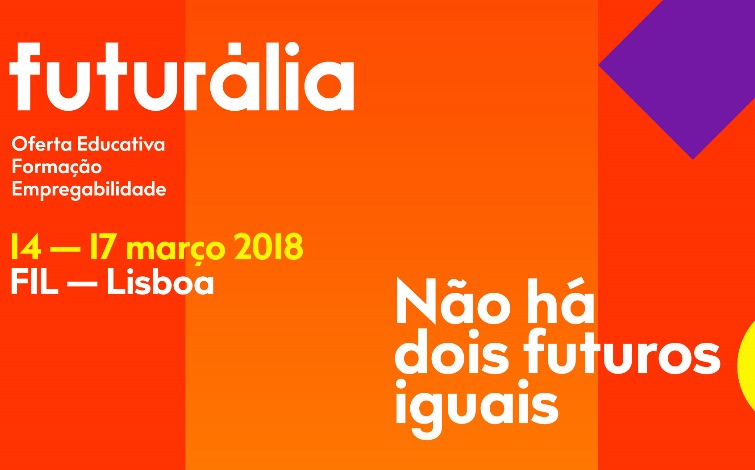 |
 "Digital Games’ Development Model", Joao Sousa, Tiago Cardoso, José Barata - paper published in the "EAI Endorsed Transactions on Serious Games - ISSN 2034-8800 Volume 4 - Published 8th Dec 2017"
"Digital Games’ Development Model", Joao Sousa, Tiago Cardoso, José Barata - paper published in the "EAI Endorsed Transactions on Serious Games - ISSN 2034-8800 Volume 4 - Published 8th Dec 2017"
 "Games’ Social Tech Booster, Cardoso, Tiago; Santos, Vitor; Santos, Carolina; Barata, Jose, in 5th International Conference on Serious Games, Interaction, and Simulation. DOI: 10.1007/978-3-319-29060-7_18
"Games’ Social Tech Booster, Cardoso, Tiago; Santos, Vitor; Santos, Carolina; Barata, Jose, in 5th International Conference on Serious Games, Interaction, and Simulation. DOI: 10.1007/978-3-319-29060-7_18
 "Using Games for the Phonetics Awareness of Children with Down Syndrome" - “… this research work proposes a computer assisted education application that targets to teach talking and reading through games. …”
"Using Games for the Phonetics Awareness of Children with Down Syndrome" - “… this research work proposes a computer assisted education application that targets to teach talking and reading through games. …”
 "Sign Language Support – Adding a Gesture Library to the Leap Motion SDK" - “… The objective is to hinder lower-level software/hardware details from a developer towards letting him or her to focus directly at the Application Level. …”
"Sign Language Support – Adding a Gesture Library to the Leap Motion SDK" - “… The objective is to hinder lower-level software/hardware details from a developer towards letting him or her to focus directly at the Application Level. …”
 "Improving the Learning of Child Movements Through Games" - “…the proposal presented in this article describes the creation of a systematic collection of … exercises in a friendly user manner for the children to be able to exercise elsewhere.”
"Improving the Learning of Child Movements Through Games" - “…the proposal presented in this article describes the creation of a systematic collection of … exercises in a friendly user manner for the children to be able to exercise elsewhere.”
 "Towards the creation of a Gesture Library" - “This article tackles the recognition of gestures, using the Kinect sensor, in order to create a gesture library and support the gesture recognition processes afterwards.”
"Towards the creation of a Gesture Library" - “This article tackles the recognition of gestures, using the Kinect sensor, in order to create a gesture library and support the gesture recognition processes afterwards.”
 "“No Reino dos Fonemas” - jogo sério para a aprendizagem da leitura " - "jogo sério que visa auxiliar a iniciação da aprendizagem do Princípio Alfabético (discriminação auditiva dos sons das vogais) em crianças com dificuldades na aprendizagem (em particular com alterações na consciência fonológica).”
"“No Reino dos Fonemas” - jogo sério para a aprendizagem da leitura " - "jogo sério que visa auxiliar a iniciação da aprendizagem do Princípio Alfabético (discriminação auditiva dos sons das vogais) em crianças com dificuldades na aprendizagem (em particular com alterações na consciência fonológica).”
There are children and young teenagers suffering from distinct growth issues, like autism, hyperactivity, attention deficit, Dawn syndrome, hearing deficit, etc. Along time, the society has created several care structures for people with these and other pathologies. These structures arecalled Social Intervention Organizations (SOIs) in the STB context. Some examples of these organizations are:
These organizations are made up of professionals such as doctors, therapists, special education technicians, sociologists or pedagogues, among other specialities, who carry out their mission in society. However, these structures do NOT have Information and Communication Technologies (ICT) professionals dedicated to the development of new systems or solutions that support the therapeutics carried out.
There are, however, already several initiatives (in particular through partnerships with Universities, Polytechnics or Research Centres) that address some of these problems, developing systems for solving particular issues.
The role that Universities, Polytechnics and Research Centers have played in this context has presented several results in different areas of knowledge, both in theoretical proposals and in practical solutions. Many of these initiatives take the form of collaboration with the aforementioned Social Intervention Organizations and are materialized in systems resulting from the work of finalist students who apply their knowledge and the guidance of the involved professor, making use of their Energy and Creativity, for the production of prototypes that serve as proof of concept for their master's or doctoral dissertations.
Usualy the results of these works are:
However, usually these (lab)-works correspond to the terminus of students' course and they move on to the next phase of their lives, looking for a job. As a result, the prototypes that had been so lauded end up not having continued use as they become "orphans". In other words, if their use is not supported, let alone the capacity to develop new versions, the systems do not reach their target users on a large scale, as one would wish.
The idea is to build up am enterprise like DNA structure that supports and boosts the interaction between Universities and the Social Intervention Organizations (SOI).
In other words, on one hand side, the Social Intervention Organizations (SOI) identify the needs they have in the creation of new systems for the support of their therapeutic practices. On the other hand side, the Universities do provide these topics for theiur finalist students towards being selected as their final course lab-work.
Por outras palavras, de um lado as Organizações de Intervenção Social identificam as necessidades
que têm de criação de novos sistemas para o auxílio das suas práticas sociais (terapêuticas, ensino ou outras).
Por outro lado, as Universidades disponibilizam esses temas aos seus alunos para realização
dos seus trabalhos de fim de curso.
The game Social Tech Booster role starts at this moment. After these final course labworks have
been completed, the gSTB tryes to hire these students so they can join the gSTB
team with the aim of moving their work to the next stage - the Market. In other words ...
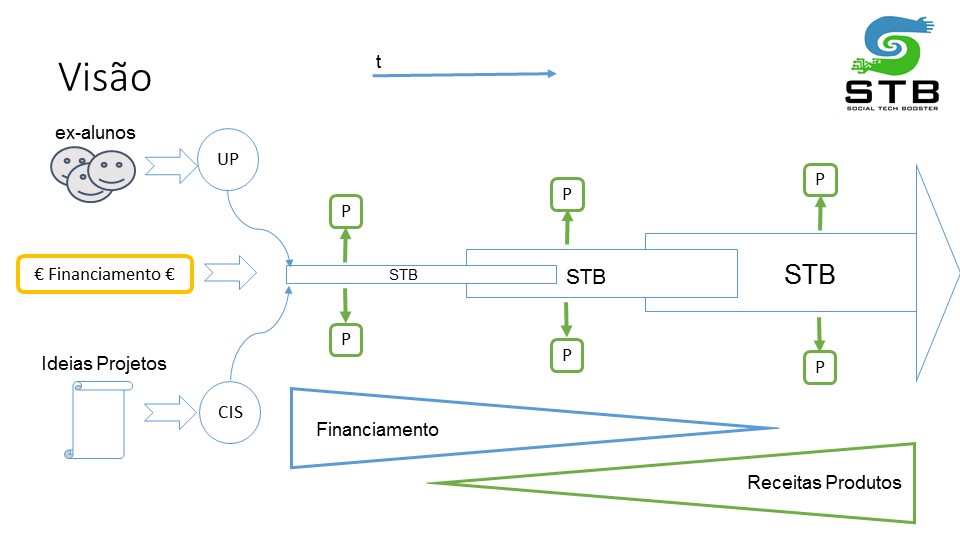
... talking about operation , the process of the gSTB projects is divided into 4 stages:
The needs are identified within the Social Intervention Organizations. The result is a macro definition of a digital game to be developed.
Finalist students develop a prototype digital game as their Final graduation lab-work, e.g.l, the master degree dissertation.
The gSTB hires some of these (ex-)students towards moving their work "to the next level", towards reaching a large scale of usage.
With the help of partner enterprises, the prototypes that were transformed into products reach the last stage of the process - the market.
Com recurso a empresas parceiras a identificar, os protótipos transformados em produtos são então colocados no mercado na última fase do processo.
